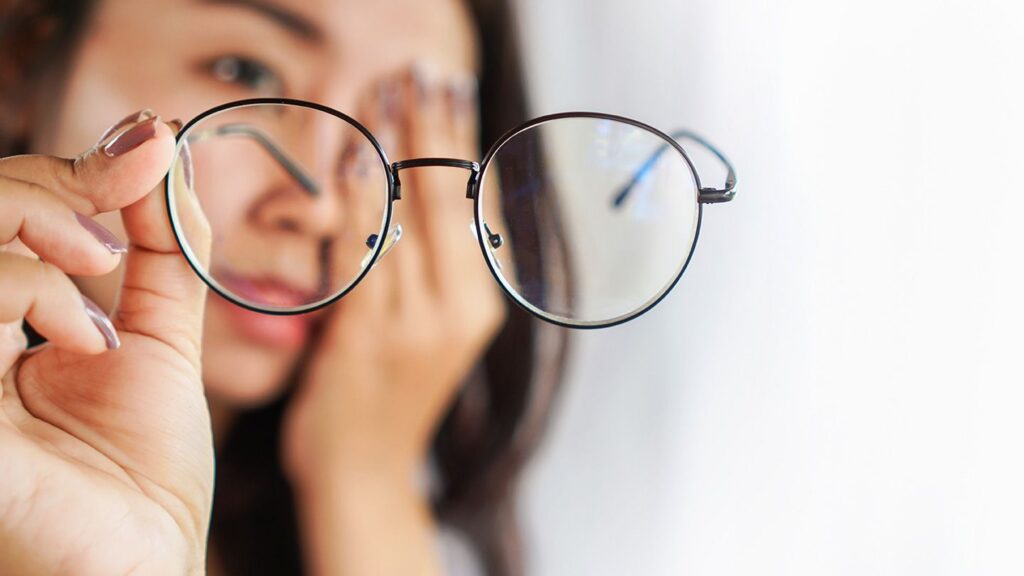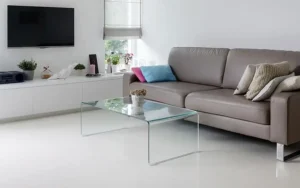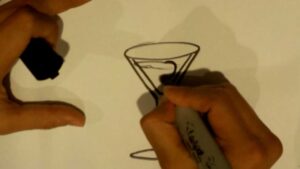Have you ever wondered if using a magnifying glass could damage your eyesight? While it’s true that looking through one can make things appear larger, some people might worry about the potential risks associated with using them. Well, don’t fret — we’ve done the research and here’s what you need to know! So, grab your magnifying glass and read on to discover all the information you need to know about this classic tool. You may be surprised by what you learn!
When it comes to magnifying glasses, the magnification power of the lens can vary widely. Most are generally between 8X and 10X — meaning, they make whatever you’re looking at appear eight or ten times larger than it would normally appear to the naked eye. While the extra magnification can be useful when examining small objects, it can also cause eyestrain if you use it for too long. Prolonged use of a magnifying glass can put strain on your eyes and, over time, may even lead to damage. This is why it’s important to take frequent breaks from using a magnifying glass if you plan on utilizing one for an extended period of time.
Another factor to consider when using a magnifying glass is the type of light that you’re using with it. Natural sunlight is always preferable to artificial light because natural sunlight contains fewer harmful UV rays than artificial light does; this means that less strain is placed on your eyes when looking through a magnifying glass in natural light compared to when looking through one in artificial light. So, if you’re using a magnifying glass frequently, make sure to try and find a place where there’s plenty of natural sunlight!
If you don’t want to put yourself at risk by staring into a magnifying glass all day long, there are other ways to get up-close looks at small items without having to look directly at them with your eyes. Digital microscopes allow you get an impressive close-up view while still keeping your distance from what you’re observing — perfect for anyone who wants to study things more closely without risking their vision health!
To sum up: Magnifying glasses are great tools that allow us to see things much more clearly than we could before — but they come with risks associated with prolonged use. To lessen any potential damage or strain on your eyes, remember that natural light is better than artificial light and that taking regular breaks is essential every few minutes or so. Additionally, digital microscopes are great alternatives for those who want greater magnification without having to look directly into the lens all day long.
So now that you know all about the potential risks of using a magnifying glass, go forth and enjoy its many benefits safely! Whether you’re studying tiny specimens or simply trying out hobbies like jewelry making or model building — just remember that taking breaks from looking through the lens will help protect your vision health in the long run.












